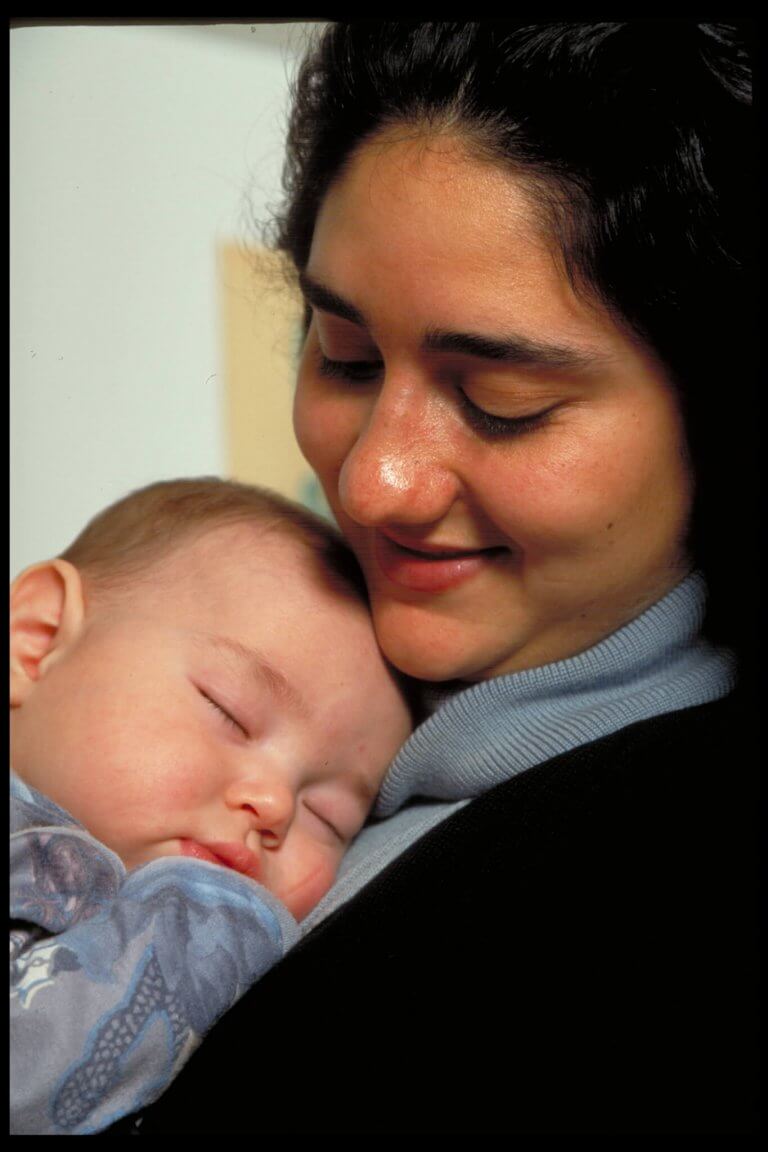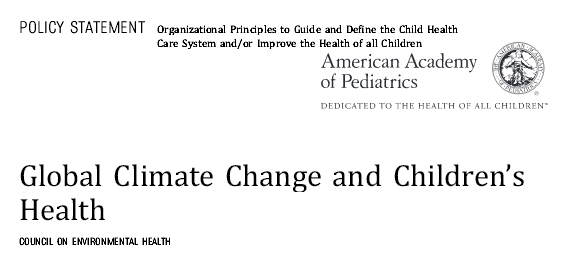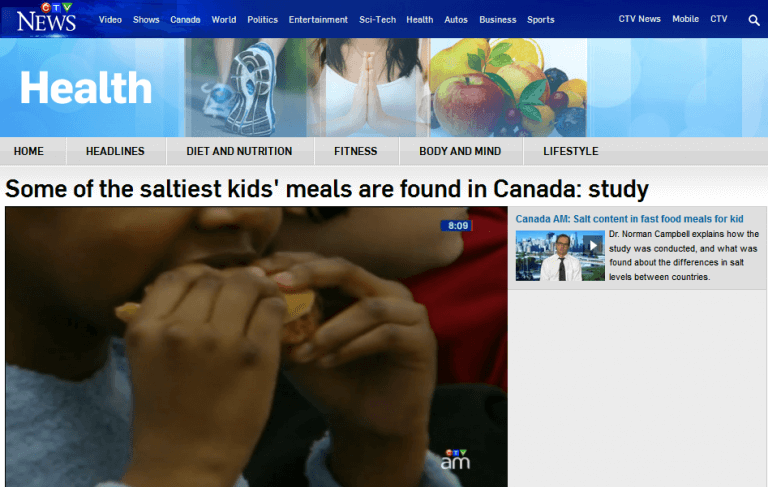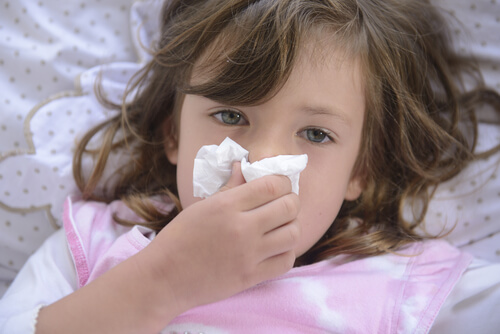
The Health of Canada’s Children and Youth
The CICH Profile evaluates and summarizes data on the health and well-being of Canadian children and youth through graphs, tables and commentaries covering a broad range of health indicators. The online Profile is a living battery of information as well as an educational resource and vehicle for knowledge translation related to both child health and data collection and analysis.
Profiles are in the form of different topic modules which are developed and launched on a regular basis with information being updated as new data (e.g. Census, Community Health Survey) is released and made publicly available.
Explore the Profile Modules
Did you know?
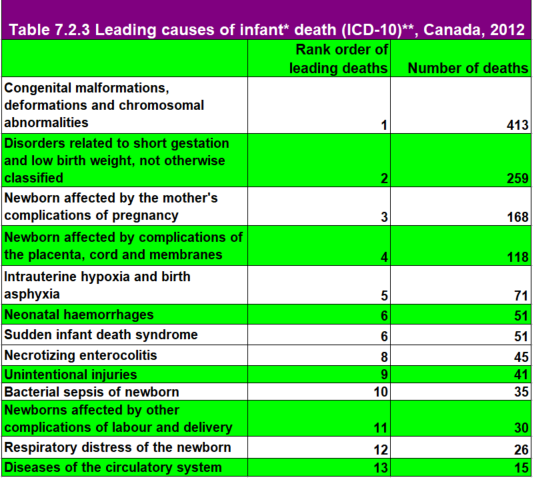
Notes:
*Infant death is the death of a child under one year of age.
**The International Classification of Diseases (ICD) is the standard diagnostic tool for epidemiology, health management and clinical purposes. This includes the analysis of the general health situation of population groups. http://www.who.int/whosis/icd10/ – accessed June 21, 2017.
Source: CICH graphic created using data adapted from Statistics Canada. Table 102-0562 – Leading causes of death, infants, by sex, Canada, annual. http://www5.statcan.gc.ca/cansim/a26?lang=eng&retrLang=eng&id=1020562&&pattern=&stByVal=1&p1=1&p2=-1&tabMode=dataTable&csid= – accessed June 21, 2017.
Featured
Who created the Profile?

The Canadian Institute of Child Health (CICH) was a national non-profit organization, founded in 1977 that promoted the health and well-being of all children and youth in Canada. CICH is known for their outstanding history of developing and implementing initiatives to enhance public awareness and understanding of issues impacting on children’s health; carrying out research, making policy recommendations, and helping communities to develop their resources and improve the health and development of their children.
The Health of Canada’s Children and Youth: A CICH Profile, is the signature publication of the Canadian Institute of Child Health.
For a list of CICH resources please click here.

CICH gratefully acknowledges the Canadian Institutes of Health Research for supporting the development of the Profile web portal.






